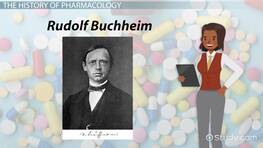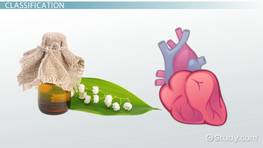Explore Medicine
Table of contents
Medicine and Medical Courses
The courses offered are thorough and delve into many complex concepts in medicine. Participating in these courses will provide learners with a safe and risk-free environment to review complex material and take self-assessments to check for understanding.
Explore our full library of medicine courses:
What is Medicine?
Health, healing, and well-being are concepts of great importance for everyone. Many complex aspects create the field of medicine, from diagnosis to treatment, preventative medicine to research. Conventional medicine and alternative or complementary medicine do not always operate exclusively. However, while both types do take different approaches, both operate with the same goal of helping people reach a place of physical, emotional, and mental health.
In conventional medicine, sometimes referred to as western medicine, doctors, nurses, practitioners, and therapists rely on scientific research and the knowledge of their patient's concerns to provide a diagnosis and treatment plan. The plan often includes options like pharmaceuticals, physical therapy, or surgery. Some fields of medicine that exist under conventional medicine include surgery, clinical practice, psychotherapy, and physical therapy. Several branches of medicine exist in addition to the field, including microbiology, endocrinology, and embryology. All of these fields involve research.
Complimentary medicine, which often works in unison with conventional medicine, has been around for hundreds of years. These treatments include practices like herbal medicine, acupuncture, biofeedback, and even reiki. Integrative medicine is when both approaches are used in a plan to best support the patient's needs.
A career in medicine requires a willingness to serve others while also being open-minded to new practices and research. Medical professionals need to work collaboratively on a team to serve patients in the best way and create a community to rely on for ideas and experience. While many subjects and research can be taught in medical school, the skills needed to interact with vulnerable patients take practice and in-person experiences. Practicing medicine is a field that best develops with continual learning and application.




